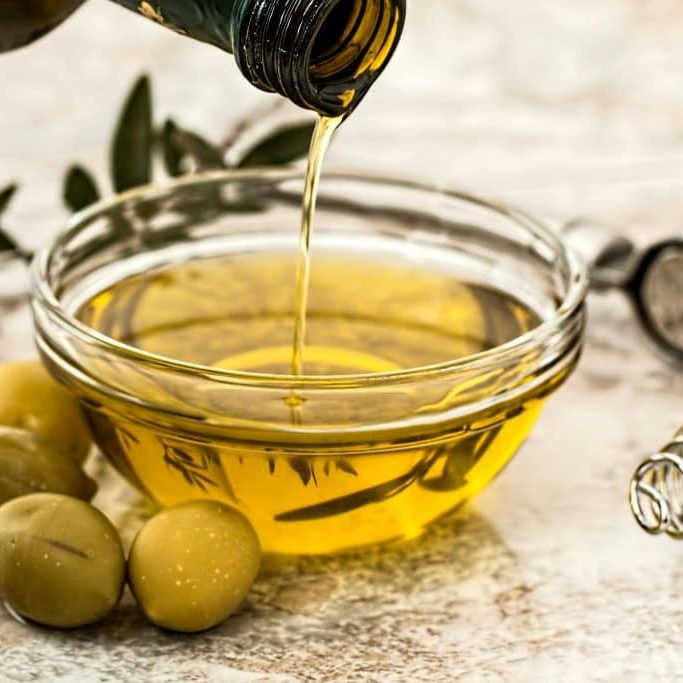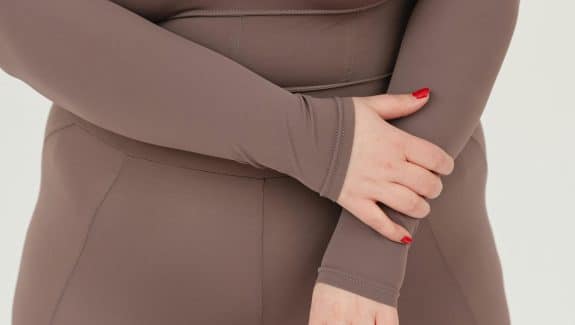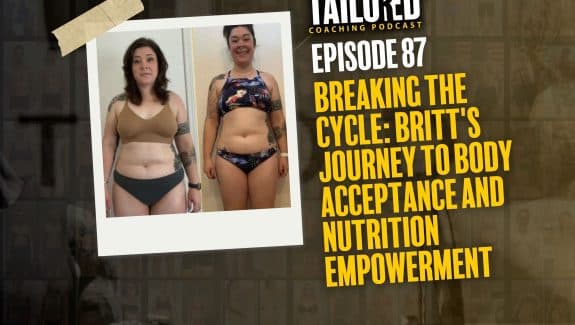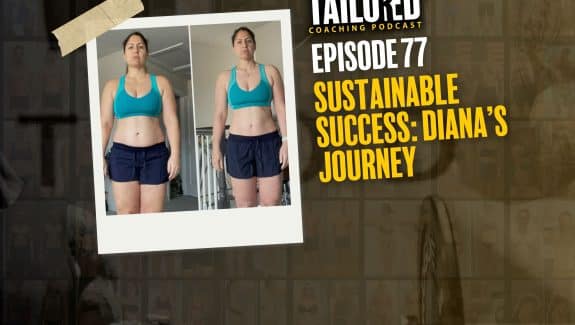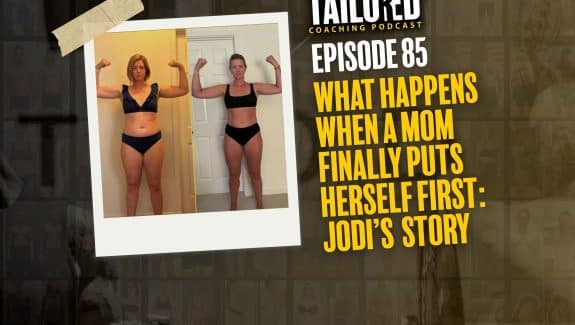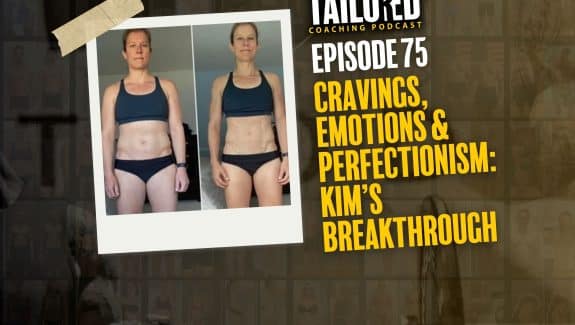Olive oil is a staple in Mediterranean diets — prized for its heart-healthy fats, antioxidants, and anti-inflammatory properties. Whether drizzled on salads or used for cooking, it’s one of the healthiest oils you can include in your diet.
Quick Overview
Serving Size: 100 grams (≈ 7 tablespoons)
| Nutrient | Amount | % Daily Value (DV) |
|---|---|---|
| Calories | 884 kcal | — |
| Total Fat | 100.0 g | 128% |
| – Saturated Fat | 14.0 g | 70% |
| – Monounsaturated Fat | 73.0 g | — |
| – Polyunsaturated Fat | 11.0 g | — |
| Omega-3 (ALA) | ~0.8 g | — |
| Omega-6 (LA) | ~9.8 g | — |
| Vitamin E | 14.4 mg | 96% |
| Vitamin K | 60.2 µg | 50% |
| Carbohydrates | 0 g | 0% |
| Protein | 0 g | 0% |
| Cholesterol | 0 mg | 0% |
| Sodium | 0 mg | 0% |
| Key Antioxidants | Polyphenols, oleocanthal |
Why Olive Oil Is So Good for You
Olive oil — especially extra virgin olive oil — contains monounsaturated fats and powerful plant compounds that support cardiovascular health, reduce inflammation, and aid in nutrient absorption. It’s one of the few cooking oils shown to support longevity in long-term observational studies.
Health Benefits
1. Heart Health Superstar
Monounsaturated fats in olive oil help lower LDL (“bad”) cholesterol, raise HDL (“good”) cholesterol, and protect artery function — all critical for heart health.
2. Anti-Inflammatory Effects
Oleocanthal, a natural compound in extra virgin olive oil, has anti-inflammatory effects similar to ibuprofen. This makes olive oil a valuable tool in chronic disease prevention.
3. Brain and Cognitive Support
Healthy fats and antioxidants in olive oil may help protect brain cells, improve memory, and reduce the risk of neurodegenerative diseases like Alzheimer’s.
4. Supports Nutrient Absorption
Because olive oil is rich in fat, it enhances the absorption of fat-soluble vitamins (A, D, E, and K) when used with other whole foods.
How to Use Olive Oil
-
Drizzle over salads, grain bowls, or roasted veggies
-
Use in low to medium-heat cooking (sautéing, baking)
-
Blend into homemade vinaigrettes or marinades
-
Finish meats or fish with a light pour for flavor and nutrients
Tailored Coaching Tip:
Use olive oil in moderation. It’s calorie-dense, so even high-quality sources should be measured, especially during fat loss or reverse dieting phases.
Pro Tips
-
Choose extra virgin olive oil (EVOO) for the highest antioxidant content and best flavor
-
Store in a dark glass bottle to reduce light exposure and prevent oxidation
-
Avoid high-heat frying — EVOO has a smoke point around 375°F (190°C), so use more stable oils (like avocado oil) for searing or deep frying
FAQ’s About Olive Oil
Can olive oil help with fat loss?
Yes — when used in moderation. It promotes satiety, supports hormone production, and helps you stick to whole-food meals.
Is olive oil good for cooking?
Yes — it’s great for sautéing and baking. Avoid using it at very high temperatures.
Does olive oil go bad?
It can. Store it sealed, away from light and heat. Look for harvest or best-by dates on the label.
Final Thoughts
Olive oil is one of the most functional and flavorful fats you can use. Rich in antioxidants and monounsaturated fats, it supports long-term health while elevating the taste and nutrient absorption of your meals.
Want to take control of your own nutrition? Start coaching with Tailored Coaching Method

